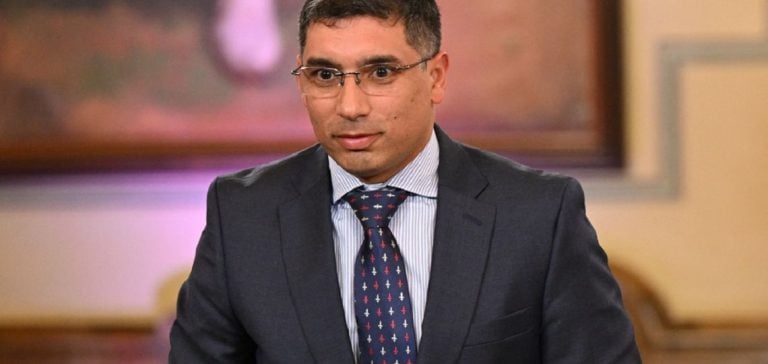The Venezuelan oil sector, holder of one of the world’s largest reserves, is undergoing a period of major turmoil with the arrest of Pedro Tellechea, former Minister of Petroleum and ex-CEO of Petroleos de Venezuela (PDVSA). This event occurs nearly three months after the country’s controversial presidential election.
Arrest and Accusations
Pedro Tellechea, aged 48 and a career colonel, was apprehended alongside his close collaborators on serious charges targeting the nation’s superior interests. According to a statement from Attorney General Tarek William, the accused allegedly transferred PDVSA’s automated command and control system to a company controlled by United States intelligence services. No additional company names were disclosed in the official announcement.
Political and Economic Context
These arrests come less than three months after the July 28 presidential election, an election in which President Nicolas Maduro was declared the winner despite fraud allegations and opposition claims of victory. Several nations, including the United States and the European Union, refuse to recognize the election results, thereby exacerbating internal political tensions.
Impact on PDVSA and the Oil Sector
Pedro Tellechea had surprised the public in August by leaving his roles as minister and CEO of PDVSA to become Minister of Industry and National Production, replaced at the ministry by Vice President Delcy Rodriguez. President Maduro had praised this appointment, emphasizing the need to rectify PDVSA and revitalize the national industrial fleet. However, this stability appears fragile, as evidenced by Tellechea’s recent ousting by Alex Saab, a Colombian businessman.
Recovery of Oil Production
Under Tellechea’s leadership, Venezuela’s oil production improved, reaching nearly one million barrels of crude oil per day, an unprecedented level in five years. This increase was facilitated by operating licenses granted by the U.S. Treasury to multinationals such as Chevron, Repsol, and Maurel et Prom, allowing operations despite sanctions imposed by the United States. However, the future of these licenses remains uncertain due to internal political tensions and ongoing sanctions.
Scandals and Corruption in PDVSA
Tellechea’s appointment also aimed to cleanse the oil sector in response to the scandal involving former Petroleum Minister Tareck El Aissami. Arrested in April, El Aissami is accused of massive embezzlement, including the black market sale of oil and the use of cryptocurrencies to circumvent U.S. sanctions. Embezzlement estimates amount to approximately $17 billion, with over 60 arrests related to this case.
Repercussions and Prospects
Venezuela’s oil sector remains vulnerable to corruption scandals and political fluctuations. In 2020, oil production had fallen to below 400,000 barrels per day, the lowest in three decades, before rebounding due to recovery efforts. However, Tellechea’s arrest and uncertainties related to U.S. sanctions pose new challenges for the sector’s stability and growth.






















